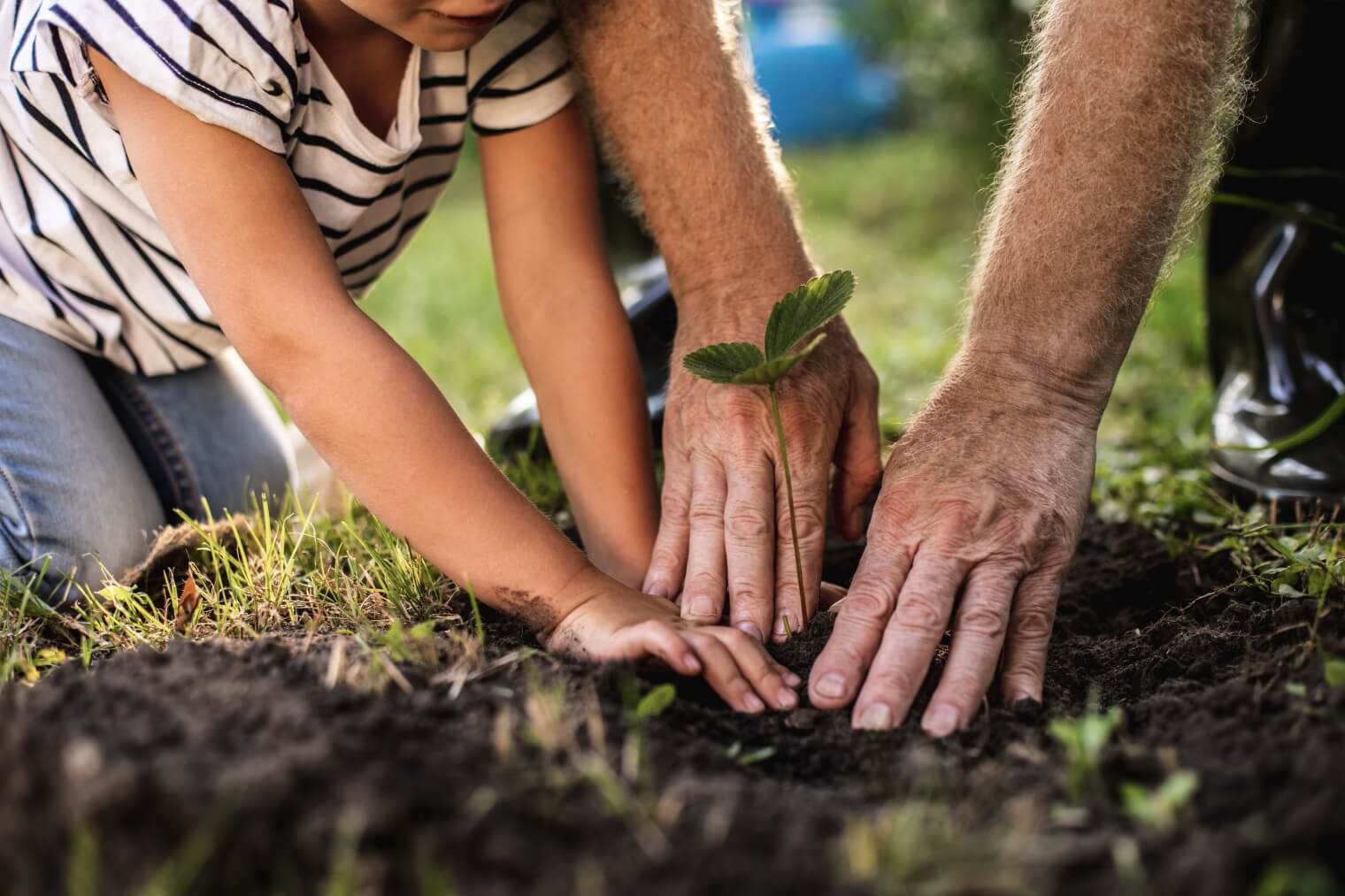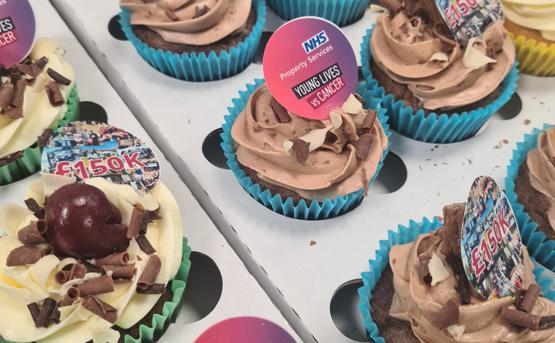
Published date: 22 April 2022
Spring into action on Earth Day
Today marks Earth Day - a celebration of our planet as well as an opportunity to raise awareness about the environmental challenges we are facing.
This year’s Earth Day is perhaps of particular significance. It comes a few weeks after the Intergovernmental Panel on Climate Change (IPCC), an international group of climate experts, launched its latest report on climate science. The message from the report is clear: the planet’s future – and humanity's future – is in our hands.
For the first time in its history, the IPCC has devoted a chapter to “demand-side measures”, such as changes in diet and consumption patterns. It is estimated that these demand side shifts could cut greenhouse gas emissions by 40 to 70% by 2050. This could have a major impact on the UK's carbon footprint and that of the NHS.
So, why not use this Earth Day as an opportunity to implement some small changes in your life? We have asked NHSPS colleagues up and down the country what they are doing to live more sustainably. Below are some of their favourite tips.
If you have a condenser dryer and lots of plants, instead of pouring the water down the drain, use the water collected from your dryer to water your plants.
Samantha Duggan, Energy and Environment Support Analyst
With summer coming up and restrictions being lifted, most of us will want to invest in a new wardrobe. However, buying clothes comes with a massive carbon footprint, water pollution, overproduction and even worker exploitation. A lot of the clothes we buy also end up in landfills so make sure to watch out for ‘greenwashing’ (a marketing tactic used by companies to make their products sound more appealing to eco-conscious consumers than they are). Instead, organise a clothes swap with friends and family, purchase from marketplaces like Vinted and Depop, and buy only what you need.
Sufia Begum, Diversity and Inclusion Coordinator
Use bars of soap instead of shampoos, shower gels and liquid hand soap.
Jim Owen, Head of Procurement and Vendor Management
1. Many supermarkets such as Co-op now recycle soft plastics, it's a little bit of extra effort but you can also see how much single-use plastic you actually consume and take steps to reduce it too. 2. Look into carbon-offsetting your flights if you travel by air. 3. Buy responsibly - consider how much are you going to use it, is it a sustainable brand, could you get it second-hand, how much plastic does it contain etc. 4. Make slow, sustainable swaps, i.e. beeswax paper instead of clingfilm, silicone food pouches instead of food bags, solid soap instead of shower gel/liquid soap etc.
Ellie McFatridge-Staves, Senior Marketing Manager
Turn off the water when you apply shower products (shower gel, soap, shampoo etc.), use environmentally friendly products and contact your water supplier to see if they will fit water-saving devices for free.
Bevan Speariett, Technical Standards Manager
Turn off any lights, computers and other equipment to reduce your consumption at night and during shutdown periods (weekends and bank holidays). It might sound like an obvious one, but it is important to check that any computer equipment is completely shut down and turned off at the socket, rather than simply set to ‘sleep mode’. Typically, most computers consume between 3-10 watts in sleep mode, which is not much compared to when it is switched on but can add to your electricity bill. In fact, ensure all office equipment (except essential servers) is switched off.
Gonzalo Jimenez, Energy Manager (South)
When I go back home to Edinburgh, I try to get the train (from London) where possible rather than fly which is a nice scenic route up the east coast too! Taking a train emits almost 7 times less CO2 than travelling by plane on the same route.
Katherine Massie, Senior Marketing Manager
You can switch to Ocean Saver eco drops for your cleaning products. They have a variety of products, and they dissolve in water. You can also use spray bottles you already have, which cuts down on plastic waste. Some other tips: 1. Try to purchase loose fruit and veg and use your own reusable grocery bags. 2. Turn your appliances off from the socket. 3. Avoid all forms of wet wipes, they contain plastic and block up drains. 4. Switch to a renewable energy provider.
Yessica Laing, Project Management Centre of Excellence Analyst
I've bought a two-in-one washbasin and toilet, which can help reduce water consumption. The cistern fills up with the water used to wash your hands. If you have a baby, you can also buy a BabyDam bathwater barrier, so you only have to fill half your bath rather than the whole thing.
Chris Pollitt, Customer Insight Manager
Learn more about how we are driving a Greener NHS
At NHSPS, every day is Earth Day. Since 2019, we have reduced carbon emissions by 15% and generated an additional £23 million in funding for the NHS.
Want to learn more about what we are doing to reduce the NHS carbon footprint and how you can help? Visit our Greener NHS page for more information and monthly updates from the NHSPS Energy and Environment team.





